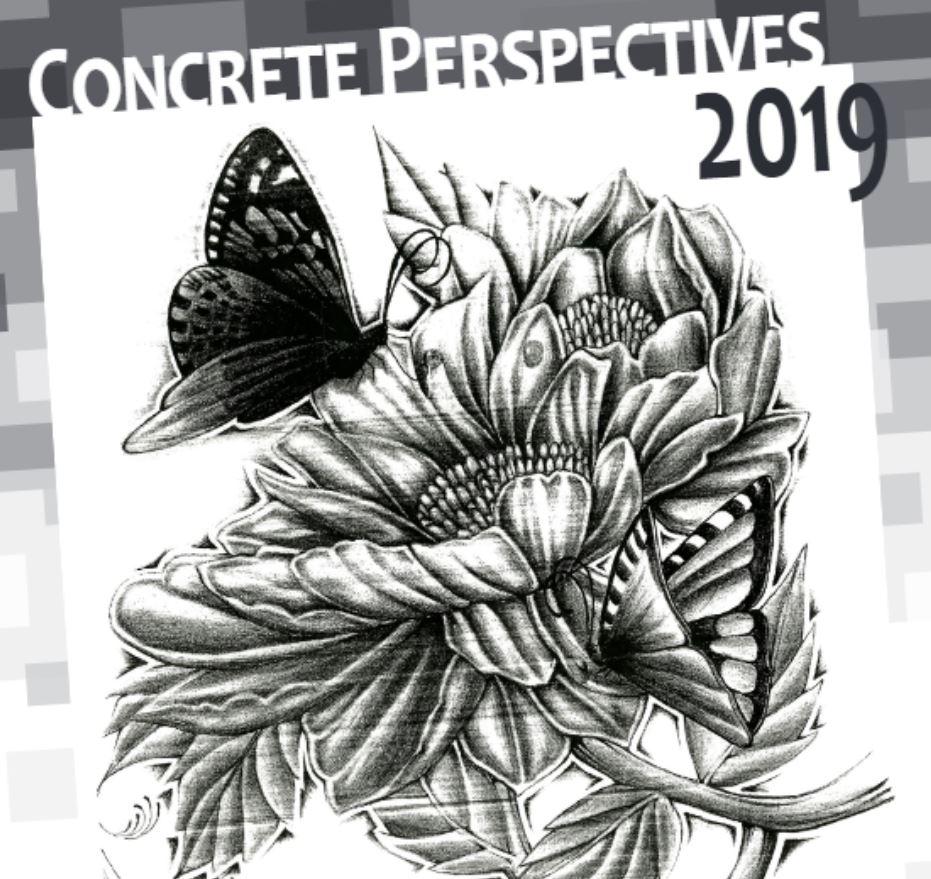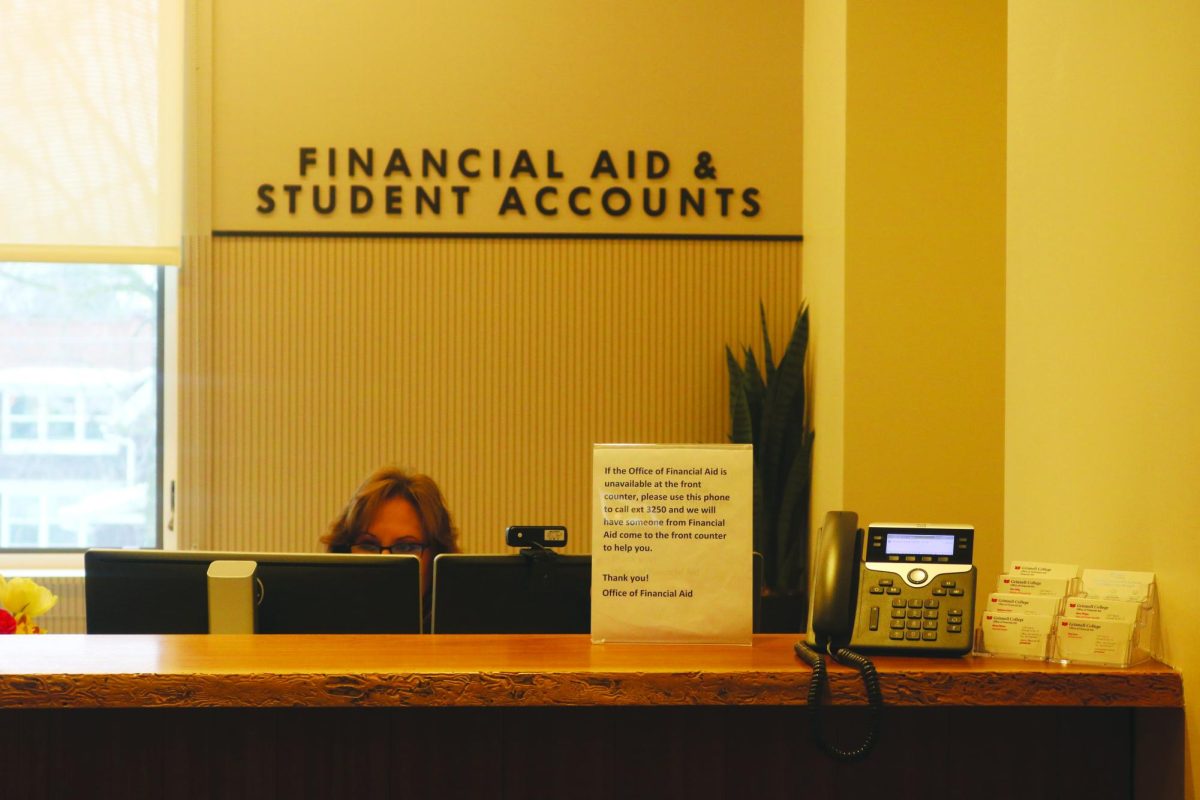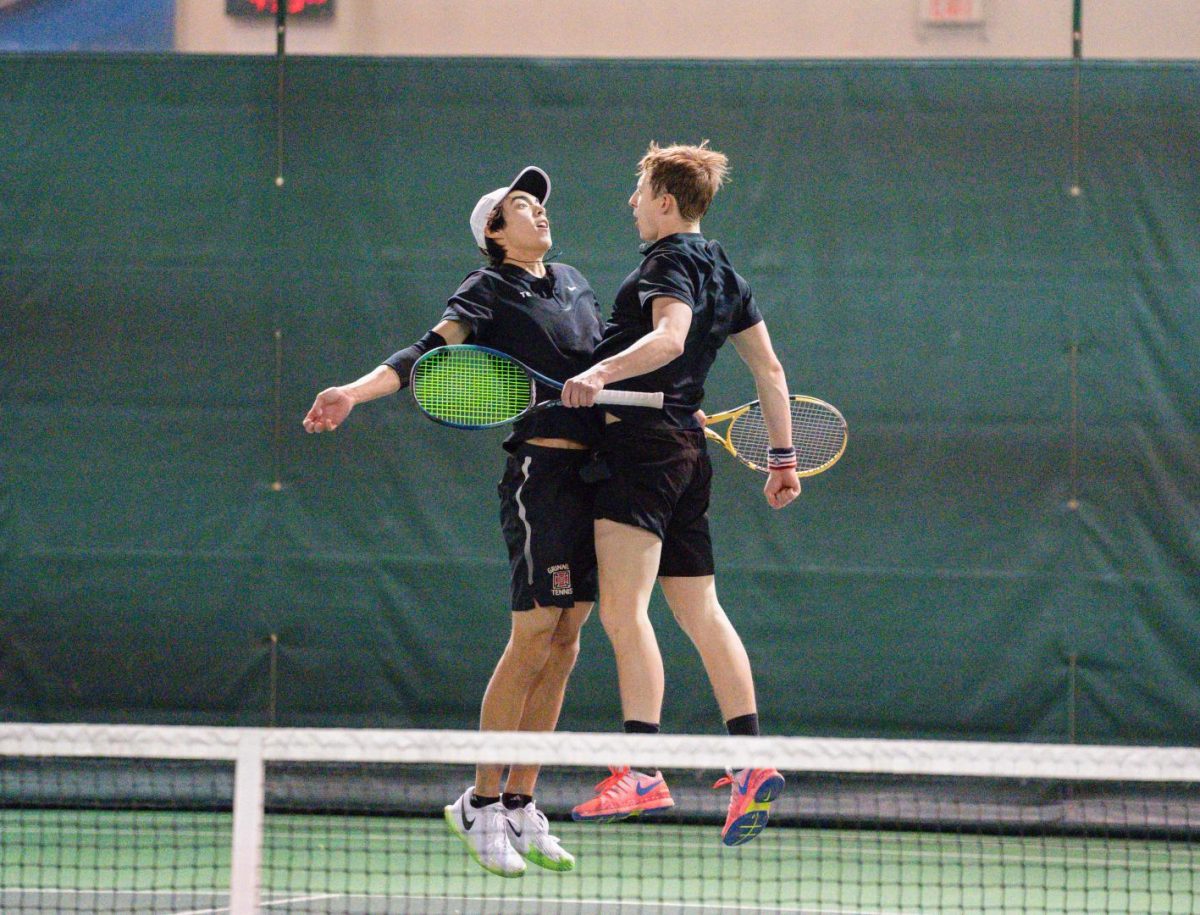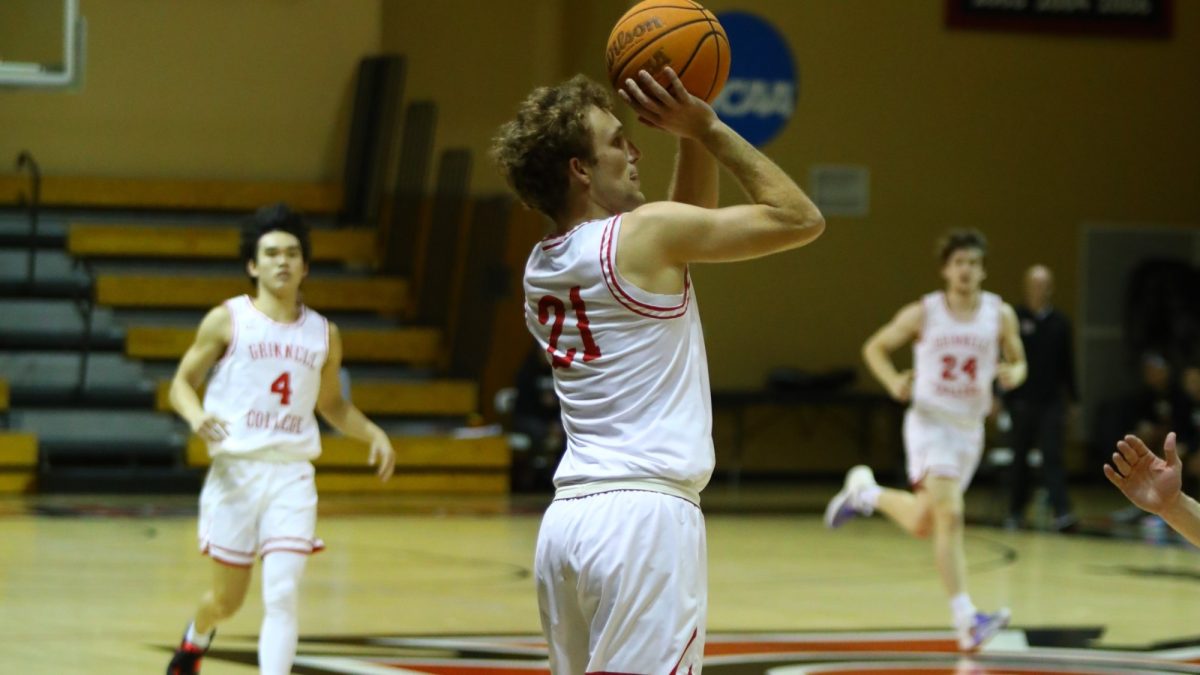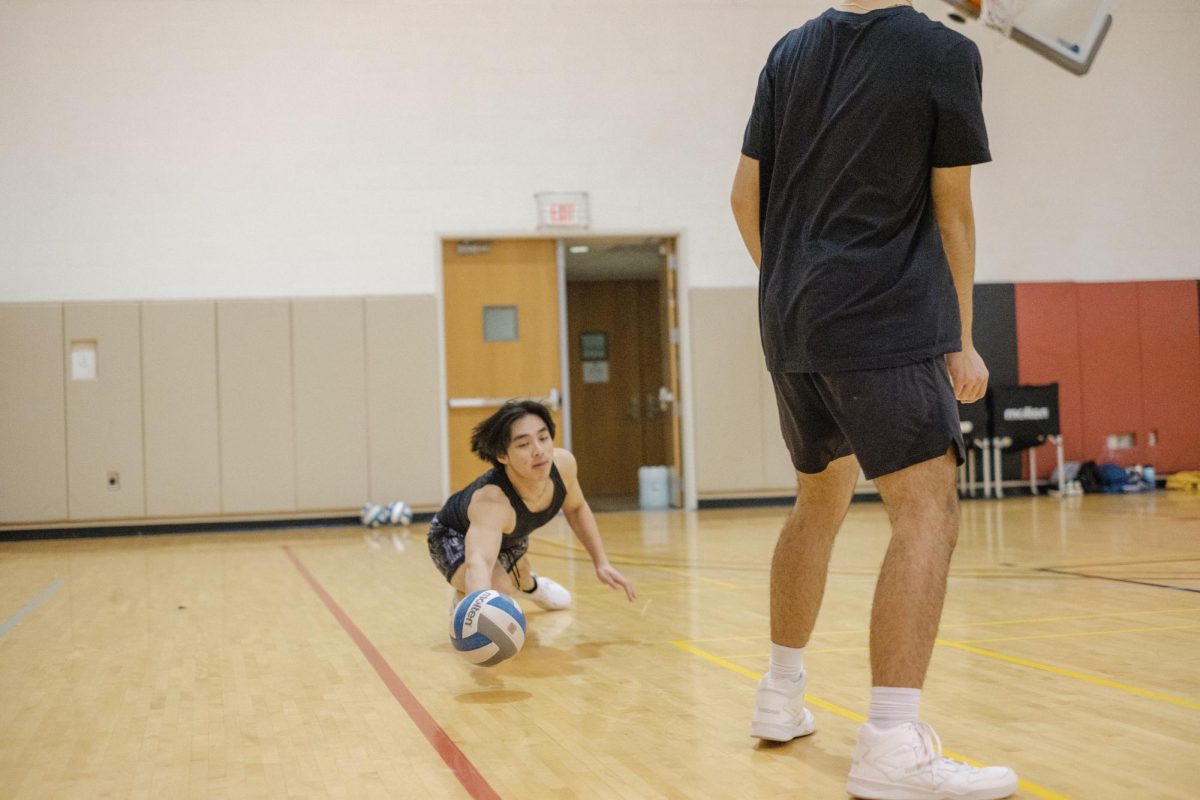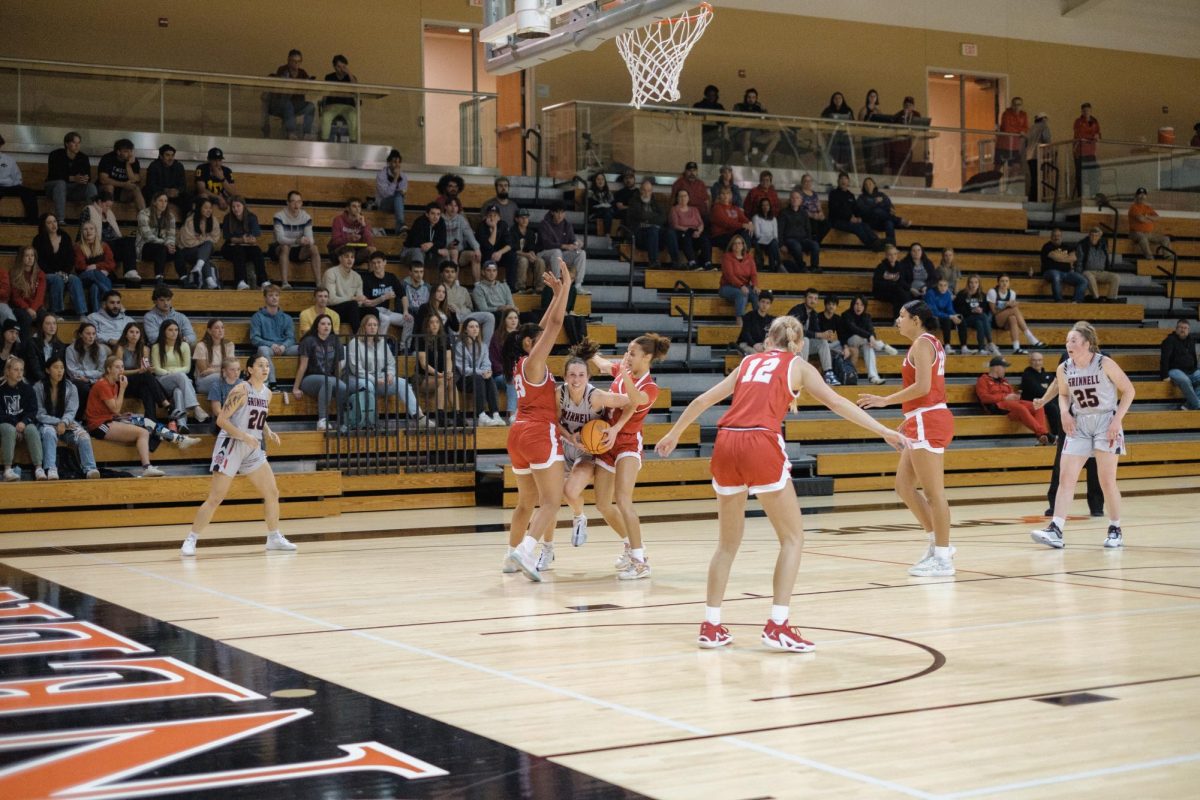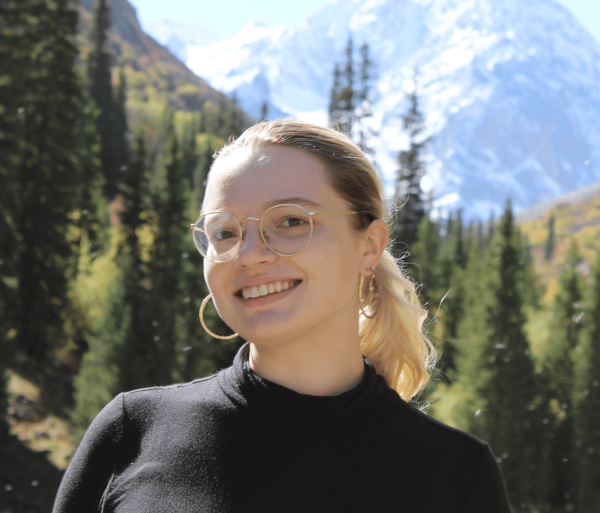A student body without internet access. A student body in confined quarters. A student body where the possibility of solitary confinement for COVID-19 outbreaks was ever-present. These were the conditions for students at Newton Correctional Facility (NCF) enrolled in Grinnell College’s Liberal Arts in Prison Program (LAPP). After a year of remote coursework through paper handouts, videoconferencing and closed-circuit TV channels, the Liberal Arts in Prison Program has shifted back to in-person instruction once more.
“We have changed things during the pandemic, but we have never stopped. And we are committed to doing this as high quality as we can,” said Emily Guenther `07, director of the LAPP.
The LAPP has facilitated the teaching of faculty-led and student-led courses at NCF since 2003. In 2009, students admitted to the accredited program began to receive educational credits transferable to other academic institutions upon release from NCF. Applicants to the LAPP write an admissions essay which is reviewed by a panel of faculty who have previously taught at NCF. Applicants who pass this stage are then interviewed. Approximately 15 students are enrolled in the LAPP each semester. Since the beginning of the pandemic, prisons have been an especially high-risk location for virus transmission due to less social distancing opportunities and lower sanitation levels. When the College went remote in March of 2020, classes at the prison went remote as well.
Because students at NCF aren’t allowed to access the internet, the LAPP shifted to paper handouts delivered to the prison as the spring 2020 semester ended. Beginning in the summer semester, NCF granted faculty the ability to run courses through a speaker phone system.
Soon after, NCF approved the LAPP to run classes through videoconferencing. An NCF staff member would run the virtual lecture on their laptop and project the class onto a large screen, and the students would gather around the screen.
“Early on in the pandemic, it was higher quality, because they were still meeting together, and having in-person discussions amongst themselves,” said Guenther. “They were already incarcerated so there wasn’t any more risk for them to gather for class.”
The LAPP also received approval from NCF to create a closed-circuit television channel called “Grinnell TV,” where educational content could be streamed to each student through TVs located in their cells.
NCF Warden Kris Wetzel did not respond to request for comment on the organization of the cells.
Grace Duffy `22 began working for the LAPP during her first year and worked remotely as a student coordinator for the LAPP during the 2020-21 year. Duffy and other student coordinators created a schedule for the channel, which aired videos at certain times each day.
Other student volunteers continued to tutor and provide research assistance virtually throughout the pandemic. “Concrete Perspectives,” NCF’s literary magazine which is based on submissions by the incarcerated and put together by students at the College, has also continued during the pandemic.
COVID-19 Lockdown
NCF had no positive COVID-19 cases prior to December 2020. The first incarcerated person tested positive in mid-December, and the prison went into total lockdown. People incarcerated there were confined to their cells for 23 hours every day.
“It was essentially solitary confinement for everyone,” said Guenther. “They slowed it down enough so that they basically hit one living unit at a time.” As of Sept. 23, 2021, 843 of the 1050 incarcerated men at NCF have tested positive for COVID-19. One man has died from the virus.
During the lockdown, classes stopped being conducted via call and were switched to lectures transmitted through Grinnell TV. The professor teaching the class would record lectures and transmit them through the network. While students continued to write essays, they weren’t able to be collected from the students.
The channel also began airing nature documentaries, yoga videos and other programs Guenther hoped would relieve stress for inmates during the lockdown.
“We wanted to create a positive focus for students who were not getting much other interaction,” said Duffy.
Total lockdown ended in mid-March as the capacity for vaccines became available for the incarcerated. While the Iowa Department of Public Health (IDPH) included the incarcerated as an at-risk group for COVID-19, they were in the least prioritized group of Phase 1B in IDPH’s vaccination distribution campaign. Vaccines are not mandated for the incarcerated or correctional officers in Iowa, but as of September, over 70 percent of inmates at NCF are vaccinated.
Masks are also not mandated at NCF. However, all in-person faculty-taught classes require students to wear masks while in session.
Looking Forward
In June of 2021, as COVID-19 cases began to decline in Newton and Grinnell, the College approved professors to begin teaching in-person again at NCF. The LAPP also moved back to offering three courses at once, with each professor teaching twice per week. This summer and fall, the LAPP offered Composition 1 and 2, Literary Analysis, Playwriting and Humanities 101: Ancient Greek World.
“Being in person is a really bedrock value of the program. It’s about equity, because that’s how classes are taught on campus now,” said Guenther. “Assuming that the pandemic doesn’t go south again, we’ll have a lot more we need students to take on. We did admissions this summer and had more people apply than in recent memory. The interest among the incarcerated for college is sky-high and has remained sky-high.”
Guenther added that it’s possible the increase in applications was due to the pent-up demand among the incarcerated at NCF for stimulation after lockdown.
The LAPP also received approval from the College for student volunteers to go into the prison, who did the week of Sept. 19.
“It’s important for the incarcerated to interact with people who are not prison guards. And so hopefully we can start moving back towards students going back into the prison and interacting with the program,” said Duffy, whose original intent in working for the LAPP was to work directly with the students at NCF.
Even though her involvement in the program was not how she anticipated, Duffy said that her working with the program during the pandemic was a learning opportunity to understand how to navigate unexpected challenges in a system as bureaucratic as the U.S. criminal justice system.
“My involvement in the program definitely has charged the entire way I see our criminal justice system, and the way I think about education overall. I think that it’s really informed the way I see my own education and the value of education,” said Duffy. “The pandemic heightens all of those feelings for me.”




























































